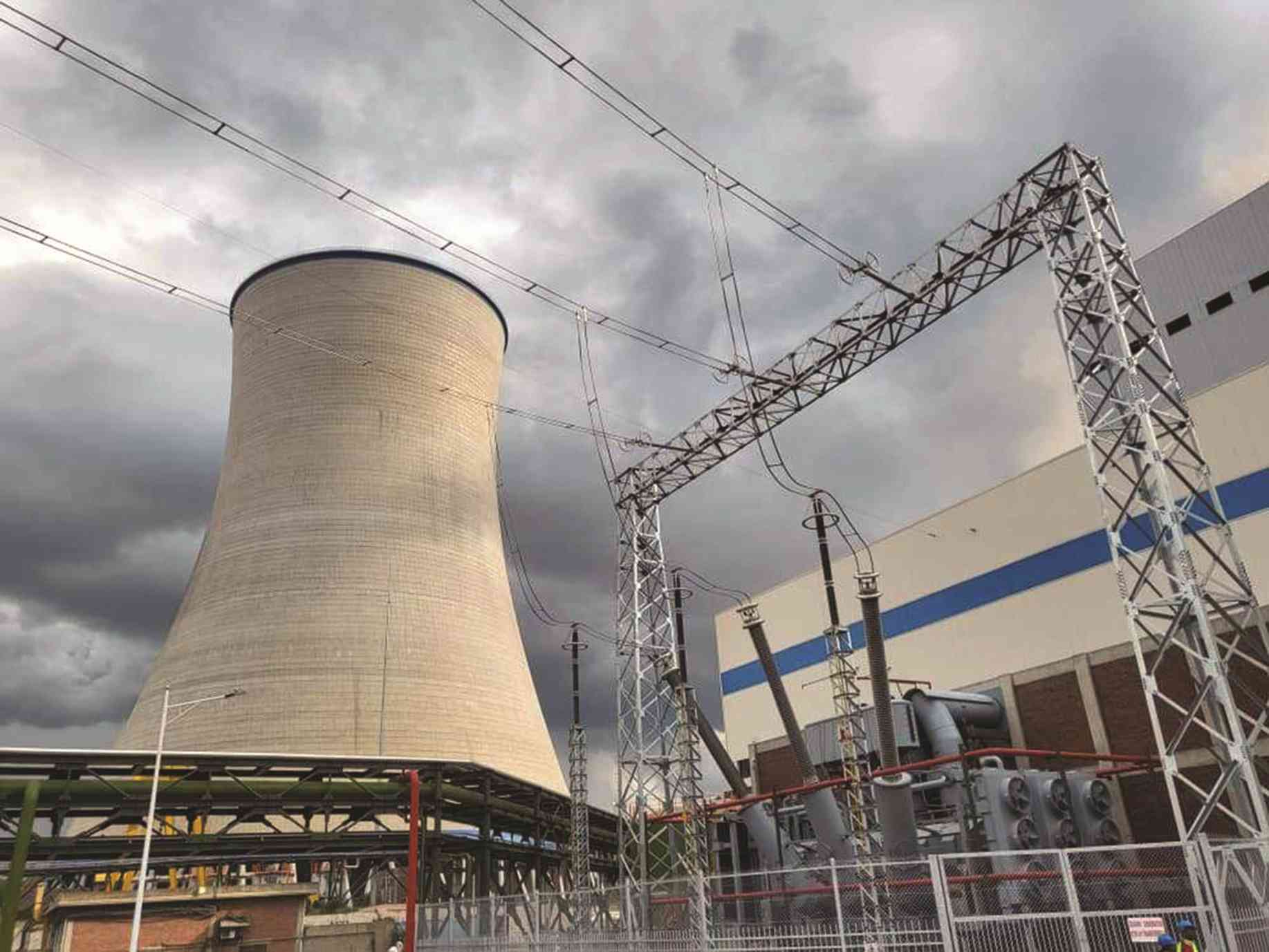
ZIMBABWE’s industries this week conveyed deepening worries that Chinese lenders who bankrolled the US$1,4 billion Hwange Thermal Power Station facelift might "switch off" the facility, as state-run power utility Zesa Holdings struggles to service the debt.
Should banks pull the trigger, debt-strapped Zimbabwe would be rattled by fresh trouble, with elevated blackouts compounding an already desperate economic situation.
The country is currently battling to forestall a series of headwinds, including stubborn inflation, foreign currency shortages, high profile bankruptcies and an exodus of global brands frustrated by diminishing opportunities.
Blackouts of up to 18 hours a day are already vexing industrial growth with investors warning last week that ramifications of current gridlocks would be felt many years from now.
This week, authorities turned down requests for comment over industries’ apprehension, which were raised by the Zimbabwe National Chamber of Commerce (ZNCC).
But the 600-megawatt (MW) power facility is today Zimbabwe's biggest source of power after a brutal drought undermined generation capacity at the 1 050MW Kariba South Hydroelectric power plant , setting the stage for what some industrialists have described as "the worst ever" wave of blackouts in 44 years.
Zesa began paying US$36 million in monthly instalments to Chinese lenders in October last year. But it wired its first instalment after campaigning for a hefty tariff hike to bolster its capacity to settle the debt, which relates to the refurbishment of Units 7 and 8 at Hwange.
In an interview with the Zimbabwe Independent, Christopher Mugaga, chief executive officer at ZNCC, warned of deeper upheavals ahead for companies, before cautioning authorities to handle the Chinese debt with care.
- Power crisis hits Proplastics factory
- ‘No easy road to recovery for Zim’
- Women urged to take advantage of Women’s Bank
- Half of Zim youths loafing: ZimStat
Keep Reading
“We have to pay the debt,” Mugaga told the Independent, as he pushed authorities to allocate resources for tackling the deteriorating power situation in the upcoming 2025 National Budget.
“We have been failing to service Hwange 7 and 8 in terms of debt repayment to the Chinese, which is an issue,” said Mugaga.
“Even if units 7 and 8 continue firing on all cylinders, the debt position can make the Chinese to switch off until we pay. This is the reason why I say the power situation is dire.”
In October, the Chamber of Mines of Zimbabwe said miners had been forced to defer expansion programmes and exploration of new claims as a result of power shortages. The chamber said operators had lost up to US$500 million in one year to the power crisis.
“If you look at the impact of power shortages, they are having far and wide impacts in terms of literally all sectors of the economy,” Mugaga said this week.
“The impact is quite sad and is being felt because it has significantly increased the costs of manufacturing in this economy,” he added.
The Independent sought to understand several issues surrounding the debt, including clarifications on whether lenders had legally binding powers to shut down the power station. Energy and Power Development Minister Edgar Moyo however referred questions to Zesa.
“I deal with policy issues, not financial matters,” the minister said.
A Zesa spokesperson referred the Independent to Moyo.
He also referred this newspaper to a presentation made by Zesa management to the Parliamentary Portfolio Committee on Energy and Power Development recently.
Appearing before the committee, Eliab Chikwenhere, who at the time represented Zesa executive chairman Sydney Gata, told legislators the power utility was already struggling to pay foreign and local debt obligations.
He said Zesa was battling to service US$2 billion in foreign debts, undermined by high debts from consumers affected by a grinding economic crisis.
“We also have to meet obligations for the operation of units 7 and 8. The requirements are quite phenomenal because on a monthly basis if all units are running at 90%, we need US$36 million per month to service that debt,” he said.
“If you look at our foreign obligations, they are close to US$2 billion. These must be serviced and if you compare that to the US$55 million that we are getting per month, then you realise that we have quite a big assignment on our hands,” Chikwenhere added.
Zimbabwe and China enjoy healthy diplomatic relations, with China benefiting from the southern African country’s significant resource endowment.
Chinese investors have poured billions of United States dollars into projects ranging from mining to manufacturing, during a period when western investors had pulled back, following a diplomatic tiff over land.
Analysts said these relations would play a big role in determining how Chinese lenders will handle debt issue.
Mugaga said implications of Zimbabwe’s long drawn power crisis were deep.
“We are looking at power outages on average of more than 60% of working hours,” he told the Independent.
“The power challenges are eroding or threatening GDP (gross domestic product) growth by almost 0,8 percentage points. It is certainly dire. That is the way to define it. As I talk to you, if you look at the Kariba power station, we are generating an average of 100MW.
"You can imagine how terrible it is. Units 7 and 8 are generating about 600MW. They are operating well. Unit 5 is literally dysfunctional; it has a capacity of about 150MW.
"Then Unit 1 to 4 are producing less than 100MW. They are always under repair and failing,” he said.
"On average, you will see that we are not looking at less than 45 000 human bodies who could potentially have been employed but either are losing their jobs, or no jobs are created due to the power challenges alone,” Mugaga told the Independent.






